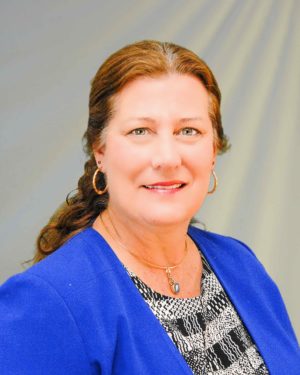Dr. Sheryl Sorby: March 26 2021

IEEI will host Dr. Sheryl Sorby, Professor, Engineering Education, University of Cincinnati, Professor Emerita, Mechanical Engineering—Engineering Mechanics, Michigan Tech, President, ASEE
Abstract: In response to Sputnik, the sweeping Grinter Report changed the face of engineering education. Prior to the 1950s, engineering education had been primarily an apprenticeship-like profession. Students learned mostly by doing. However, in the space race of the last century, engineering was deemed “not theoretical enough” and mathematics, science, and modeling took on prominent roles in the education of engineers. This shift, to a solid foundation in theory, allowed us to land on the moon, develop the microprocessors that fuel our economy, and myriad other advances that improve our lives. There have been unintended consequences, though. Our curriculum is now overly rigid. We have become elitists. Engineering does not appeal to broad swaths of our population. We have become skilled at cloning ourselves. The curriculum that worked for us 40-50 years ago, surely must work for everyone?
When engineers become faculty, they seem to forget that they are engineers. We tell our students: “Every product can be optimized by making changes to the design. Bodies that are overly rigid will ultimately fail. There is more than one correct solution to any problem. It is important to know the properties of the available materials so that you can use those to their ultimate capacity.” But. What do we say when we are talking about our “product,” i.e., our curriculum? We must do this because this is the way we have always done things. There is only one pathway to an engineering career. If someone is not attracted to engineering, it must be their fault. We are ok with our overly rigid, cookie-cutter curriculum that is based on the students we wish we had rather than the students we actually have. We are, in fact, being bad engineers.
In this talk, I will present my pathway into engineering education research and some of my significant research findings to date. I will then discuss the engineering education I foresee for the future and the establishment of an ASEE Task Force to re-imagine engineering education.
